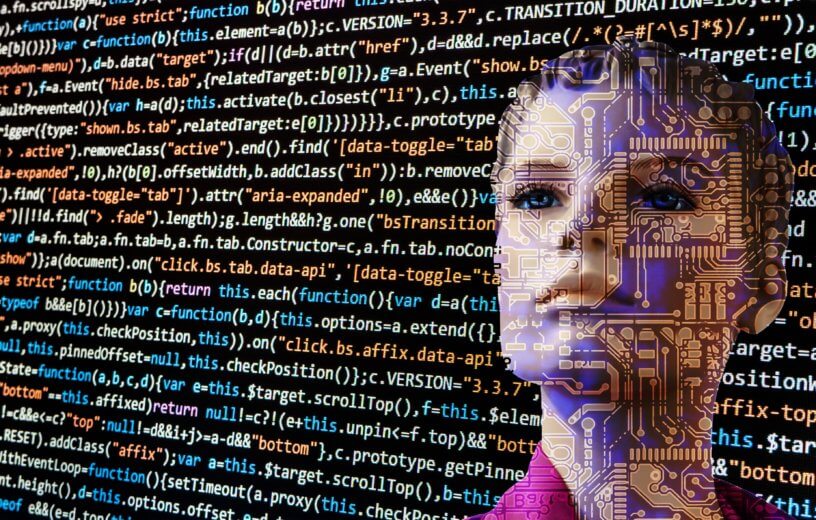EXETER, United Kingdom — Artificial intelligence (AI) can accurately predict which patients will develop Alzheimer’s within the next two years, according to a new study. In a study involving more than 15,000 memory clinic patients, researchers from the University of Exeter found that AI could learn to spot who is most at risk for dementia with 92 percent accuracy.
The computer algorithm did this by finding hidden patterns in data — analyzing routine patient information such as memory and brain function, performance on cognitive tests, and lifestyle factors.
AI could change the way doctors diagnose dementia, helping them detect it sooner and start treatments earlier. One of the reasons drugs have failed to treat dementia is that the trials start after the disease has already taken hold.
AI could cut down on misdiagnoses
Using AI for early detection could also cut the number of people wrongly diagnosed. Many treatable conditions have symptoms similar to dementia. Some doctors have a hard time telling them apart.
“We’re now able to teach computers to accurately predict who will go on to develop dementia within two years. We’re also excited to learn that our machine learning approach was able to identify patients who may have been misdiagnosed. This has the potential to reduce the guesswork in clinical practice and significantly improve the diagnostic pathway, helping families access the support they need as swiftly and as accurately as possible,” says study lead author Professor David Llewellyn in a university release.
The team tracked 15,300 individuals who visited 30 memory clinics between 2005 and 2010. At the outset, many were experiencing problems with amnesia or absent-mindedness. Over the next decade, around one in ten (1,568) received a new diagnosis of dementia within two years of visiting a clinic.

The algorithm identified them much better than expert neurologists, matching them to patient outcomes in the database. In addition, around eight percent (130) of the diagnoses appeared to be misdiagnoses, needing a correction later. AI recognized more than 80 percent of these cases.
“We know that dementia is a highly feared condition. Embedding machine learning in memory clinics could help ensure the diagnosis is far more accurate, reducing the unnecessary distress that a wrong diagnosis could cause,” says study co-author Dr. Janice Ranson.
AI dementia tools coming soon?
Scientists are already planning follow-up studies to assess if scientists can roll out AI to improve diagnosis, treatment, and care in the near future.
“Artificial intelligence has huge potential for improving early detection of the diseases that cause dementia and could revolutionize the diagnosis process for people concerned about themselves or a loved one showing symptoms. This technique is a significant improvement over existing alternative approaches and could give doctors a basis for recommending lifestyle changes and identifying people who might benefit from support or in-depth assessments,” adds Dr. Rosa Sancho of Alzheimer’s Research UK, which funded the project.
As of now, more than six million Americans suffer from Alzheimer’s. Estimates show the number of dementia cases worldwide could triple to 150 million in the next three decades.
The study was published in JAMA Network Open.
South West News Service writer Mark Waghorn contributed to this report.
